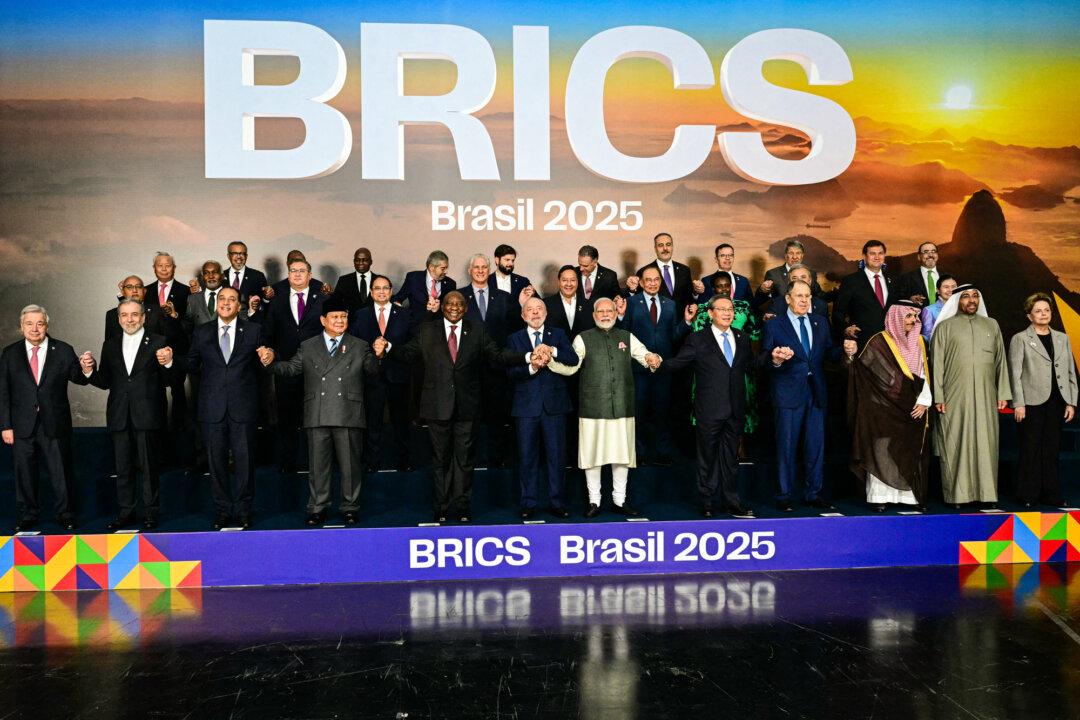With a record high stock market and rising incomes, as well as record low unemployment and mortgage interest rates below four percent, the overall picture of the economy looks rather positive. Not surprisingly, most American consumers think the economy is doing pretty well.
American CEOs, on the other hand, are more skeptical. In fact, the perception gap between the two groups has never been wider.





